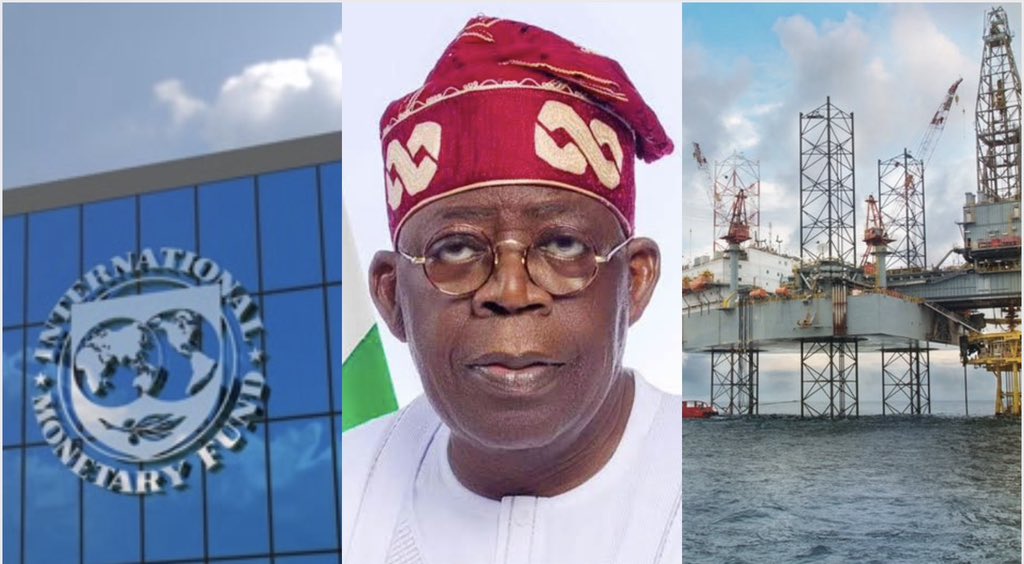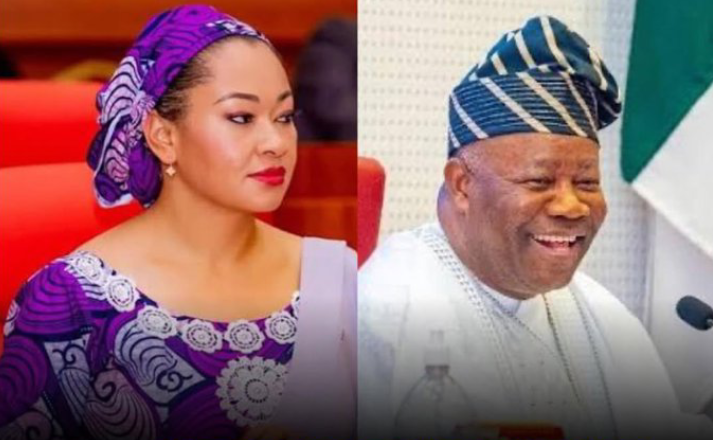
IMF Warns Nigeria Over Rising Debt, Falling Oil Revenue, and Fiscal Risks

The International Monetary Fund (IMF) has sounded a fresh alarm over Nigeria’s economic outlook, cautioning that the nation’s growing domestic debt, dwindling oil revenue, and overambitious revenue forecasts could push it toward deeper fiscal instability.
In its latest Article IV consultation report, the IMF warned that Nigeria’s 2025 budget remains “highly vulnerable” amid falling global oil prices and persistent production shortfalls caused by pipeline vandalism, oil theft, and underinvestment in the sector. The Fund projects that Nigeria’s fiscal deficit could widen to 4.7% of GDP, placing further strain on public finances and increasing the burden of debt servicing.
According to the IMF, while recent government reforms — including fuel subsidy removal and exchange rate unification — have improved fiscal transparency, they have also triggered inflationary pressures that continue to squeeze household incomes. The report urged the Tinubu administration to strengthen non-oil revenue collection through improved tax compliance, digitalization of the tax system, and reduced leakages in government spending.
The IMF further warned that Nigeria’s public debt profile, now exceeding ₦97 trillion, risks becoming unsustainable if borrowing continues to rise without corresponding revenue growth. It also recommended tighter monetary policy coordination between the Central Bank of Nigeria (CBN) and the Ministry of Finance to contain inflation, which remains above 30%.
Reactions from economists and financial analysts on X have been mixed — while some argue that the IMF’s concerns reflect global economic realities, others see the warning as a push for deeper structural reforms long resisted by Nigeria’s political elite.
As Africa’s largest economy faces growing pressure to diversify away from oil, the IMF’s statement serves as both a warning and a call to action, reminding Nigeria that without decisive fiscal discipline, the road ahead could be tougher than anticipated.
— Busterblog.com


